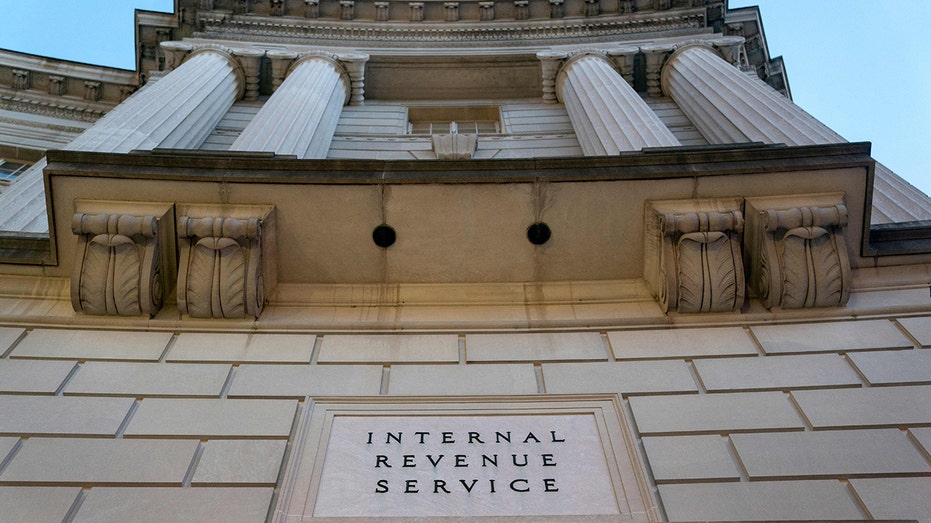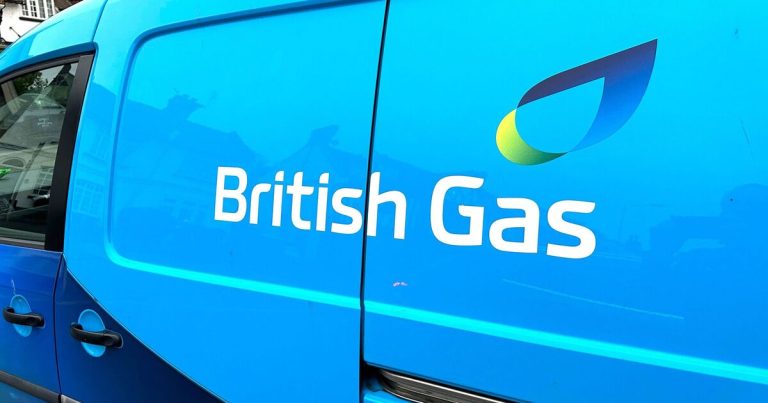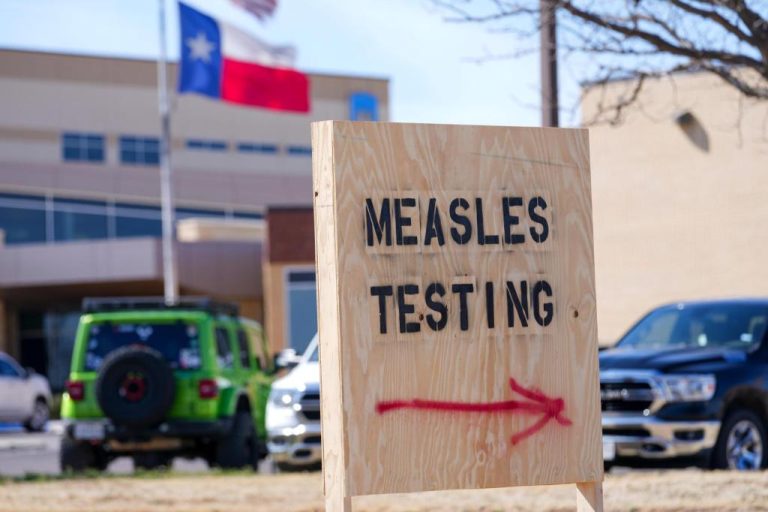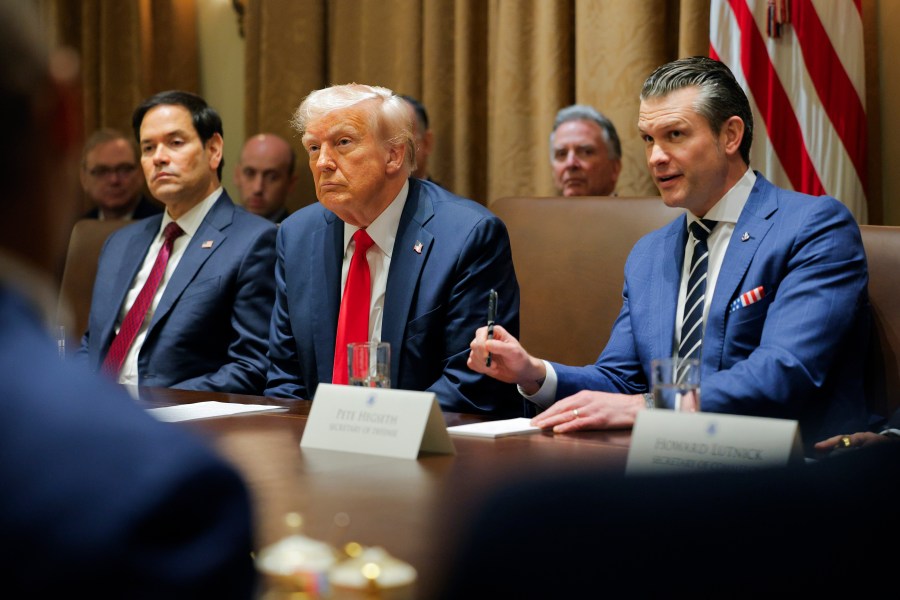
Dan Geltrude tells investors about the special form needed to pay those taxes on ‘The Claman Countdown.’
The Internal Revenue Service (IRS) on Wednesday announced that it is going to increase audits of corporate jets, part of its sweeping effort to crack down on wealthy Americans and big corporations that aren’t paying what they owe.
Beginning in the spring, the IRS will conduct audits of three dozen to four dozen high-income individuals and companies that may be using private jets for personal reasons, but write them off on their taxes as a legitimate business expense in order to reduce their liability.
“These aircraft audits will help ensure high-income groups aren’t flying under the radar with their tax responsibilities,” IRS commissioner Daniel Werfel said during a call with reporters. “What we believe is happening is there’s not enough robust record-keeping going on, and there is systemic overstating of these business deductions.”
HERE’S EVERYTHING YOU NEED TO KNOW BEFORE FILING YOUR TAXES

An executive jet lands at Geneva Airport on Oct. 2, 2023. (FABRICE COFFRINI/AFP via Getty Images / Getty Images)
Funding for the latest enforcement efforts was included in the Democrats’ health care and climate change spending bill — dubbed the Inflation Reduction Act — that President Biden signed into law in 2022. The influx of money is aimed at improving tax compliance among big corporations and wealthy Americans and shrinking the estimated $600 billion tax gap.
Current tax law allows companies to deduct the cost of a corporate jet if it is used for business purposes. However, many companies blur the line between business and pleasure, allowing executives to take personal trips on private jets while continuing to claim the full tax deduction.
Businesses should better specify when a company jet is used for business, and when it is used for personal use, Werfel said.
REMOTE WORKERS FACE A DOUBLE TAXATION THREAT

The Internal Revenue Service building in Washington, D.C., on Jan. 24, 2023. (STEFANI REYNOLDS/AFP via Getty Images / Getty Images)
“What we believe is happening is there’s not enough effective, robust recordkeeping going on, and there is systemic overstating of these business deductions,” he said. “And that’s what we’re looking to tackle.”
There are more than 10,000 corporate jets that operate in the U.S.
The funding boost for the IRS has elicited fierce pushback from Republicans and other critics who say that a beefed-up IRS amounts to the worst type of government overreach that could ultimately hurt lower-income Americans.
CLICK HERE TO READ MORE ON FOX BUSINESS
That’s because the IRS disproportionately targets low-income Americans when it conducts tax audits each year. The discrepancy is primarily due to high-income taxpayers having complex investments that can easily shroud the gaps between taxes owed and paid versus taxes reported and paid.
The IRS has repeatedly stated that it will comply with Treasury Secretary Janet Yellen’s order to not increase audit rates for Americans who earn less than $400,000 a year — a message the agency reiterated last week when it announced efforts to crack down on 1,600 millionaires and 75 large businesses that it said owed millions in back taxes.







